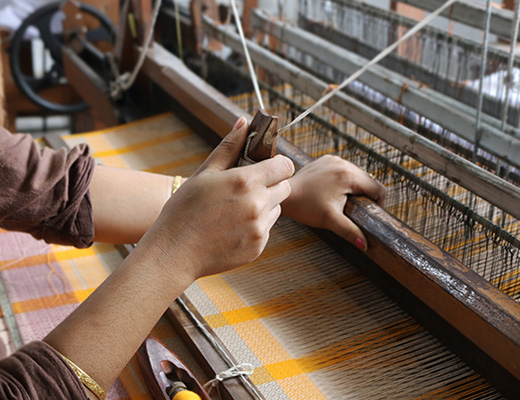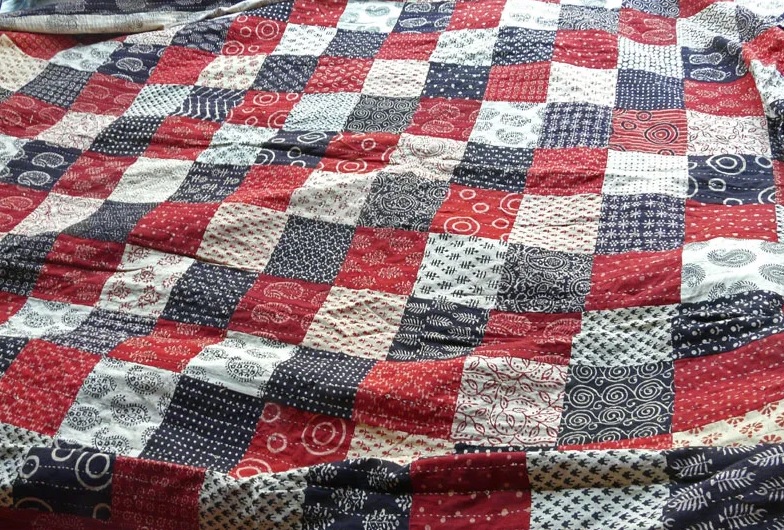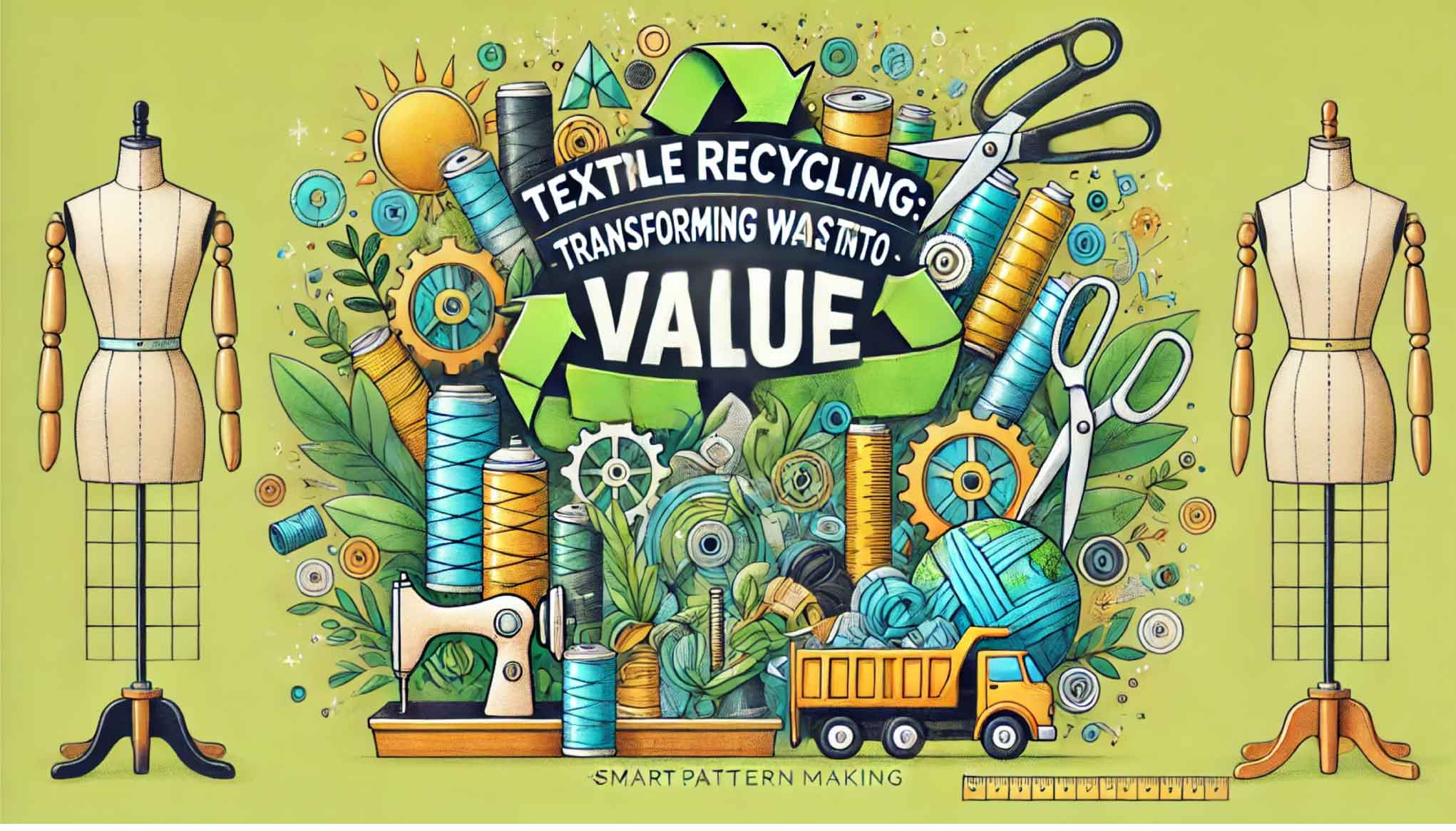Experts, brand leaders, and sourcing professionals in sustainable fashion gathered at the United Nations Conscious Fashion and Lifestyle Network's annual meeting, in collaboration with the United Nations Office for Partnerships and the Fashion Impact Fund.
The meeting celebrated the network's remarkable 54 percent growth over the year, with notable engagement from countries like the United States, U.K., India, France, Germany, Italy, Kenya, and Brazil. Kerry Bannigan, executive director of the Fashion Impact Fund, highlighted the event's focus on collaboration and partnership building to address urgent global challenges.
Climate change, poverty, and gender inequality were among the pressing issues discussed, with an emphasis on understanding the impact of the fashion industry on the planet and its people.
The meeting, held at the UN headquarters in New York, received support from fiber producers Lenzing and The LYCRA Company, as well as textile recycler Renewcell. Calik Denim, representing the denim industry, played a crucial role as the network's supporting partner.
Calik Denim showcased its commitment to sustainability during the meeting. The company has been conducting research on biodiversity and investing in regenerative farming. Their Autumn/Winter 2024–25 collection includes regenerative articles, with 10 percent of their contracted farmers producing regenerative cotton.
The discussions at the meeting brought attention to the need for actionable steps to advance sustainable initiatives in the fashion industry. While many companies express interest in sustainability, concrete efforts have been lacking since the 2015 Paris Agreement. Panelists stressed the importance of farm-to-sales efforts to heal the planet, emphasizing climate education and transparency throughout the value cycle.
It was acknowledged that companies often prioritize short-term gains over long-term sustainability, hindering progress. Overcoming this requires recognizing the value of a transparent and inclusive industry, transforming businesses to embrace ecological commitments.
Stakeholders in the fashion industry must collaborate and work towards a collective vision for a more sustainable future. conscious and socially responsible future for the fashion industry.











